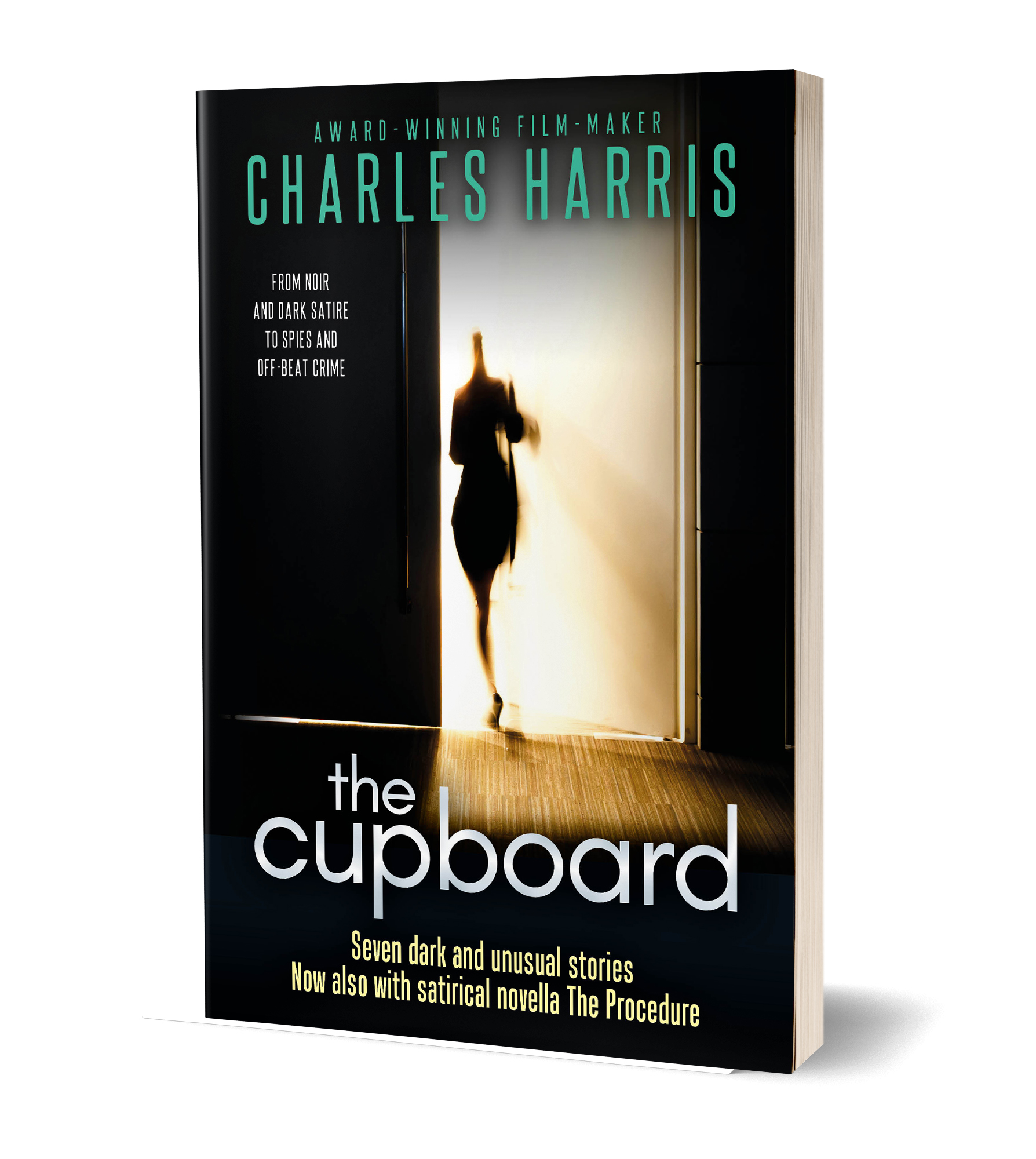Rules for novelists writing rules for novelists
21 Wednesday Nov 2018
Tags
Ben Blatt, Chuck Palahniuk, Chuck Wendig, Elmore Leonard, Jodi Picoult, Jonathan Franzen, Meg Elison, Nabokov's Favourite Word is Mauve, Neal Pollack, Patton Oswalt, Stephen King, Will Self
Many writers have handed down their golden rules for novelists.
There seems to come a moment in every writer’s life when he or she feels it’s time to share what made them a success.
This week Jonathan Franzen joined the fray and was promptly laughed at on Twitter at for his ten rules, which included never use the conjunction “then” and “It’s doubtful that anyone with an Internet connection at his workplace is writing good fiction.”
His Twitter feed was deluged with spoof versions. Jodi Picoult happily tweeted that she’d broken every single one of his rules. Patton Oswalt provided his seven – which included “have a Frankenstein in it”.
Meg Elison’s list began “Put on lipstick and a cute bralette before you start” which I’ll need to run past my wife.
And Chuck Wendig told people to: “Put words after words, make sure most of them are real words and not ones you made up”.
Of course, this is nothing new. Will Self weighed in a few years ago with his rules which included “stop reading fiction.”
So I thought it was time we had some rules for novelists writing rules for novelists.
1. Don’t write rules for novelists
Everyone knows novelists are an ornery lot and the moment you try writing rules for them they immediately do their best to break them. It’s like crafting ten pieces of delicate china and handing them to your local bull.
2. Don’t write rules for novelists if you’re famous
Famous novelists are surrounded by people who can’t wait to pull them off their pedestal.
3. Don’t write rules for novelists if you’re not famous
Who the fuck are you to write rules anyway?
4. Be careful what you tell people to do
Because you’re now going to have to do it yourself.
In one chapter of his fascinating book on literary statistics (yes, it is possible) Nabokov’s Favourite Word is Mauve, Ben Blatt looks at rules set out by such giants as Elmore Leonard and Chuck Palahniuk and then analysed their books to see if they kept their own rules.
Rules like not using adverbs, exclamation marks and words like “suddenly.”
They did. But it was noticeable they kept them even more after they published their own lists of rules. It’s a good thing they hadn’t unthinkingly included rules like “never use commas” or “always write standing in a tub of lard.”
See what trouble you could get yourself into! You have been warned.
5. Make sure you include something silly
Everyone likes something to talk about, so it’s important that your rules tell people to do something totally ridiculous or prescriptive. Like Franzen’s rant about the internet.
Leonard began his with “Never open a book with weather,” which would strike out 1984, Samuel Beckett’s Murphy, Bleak House and forty-two of Danielle Steel’s ninety-plus best-sellers.
Just make sure that it’s something that you are happy to keep yourself (see 4 above).
6. When you run out of ideas, state the obvious
All the lists I’ve looked at include instructions that you’d have thought didn’t need to be said.
Such as the importance of sitting still while writing (Franzen) or reducing the use of “all hell broke loose” (Leonard).
7. Don’t underestimate how little would-be novelists know
Yet, remember how foolish and naive you were when you first started writing? Now you get to rub someone else’s noses in it.
Make it clear that they didn’t have the faintest idea how to start until your rules came along. They had such grandiose ideas, such stupid ways of going about the job. But now you’re going to sort them out.
And they will be grateful.
8. When you run out of ideas, repeat yourself
Stephen King manages to tell us not to use adverbs twice, to turn off the TV twice and variations on trusting ourselves at least three times.
But, hey, he’s Stephen King. Stephen King!
9. You’re almost there
A bit of padding will get you over the line. Tell a lengthy story about someone painting a Christmas picture on a window (Palahniuk). Explain at length what turning the TV off really means (King).
Or what it feels like to feel inadequate (Will Self).
10. Go out on a high
You’ve almost done it. Now for the final rule, which should ideally be pithy, memorable and entirely confusing. After all, you don’t want to make it sound like anyone could do this. Leave a little mystery.
You can get gnomic like King and philosophise about happiness or tell people to have an office party on their own, like Self.
But here Franzen proves himself to be the master with his final line: “You have to love before you can be relentless.”
No, me neither.
Now read
Jonathan Franzen’s 10 Rules For Novelists
Elmore Leonard’s Rules for Writers (plus rules by others)
13 Writing Tips From Chuck Palahniuk
Stephen King’s Top 20 Rules For Writers
and best of all
Meg Elison’s 10 Rules for Novelists
and 10 Rules For Novelists From The Greatest Living American Writer by Neal Pollack


2 Comments
May 3, 2023 at 12:46 pm
Stephen King’s advice, “Do as I say not as I do”
May 6, 2023 at 2:33 pm
Very wise.
Charles